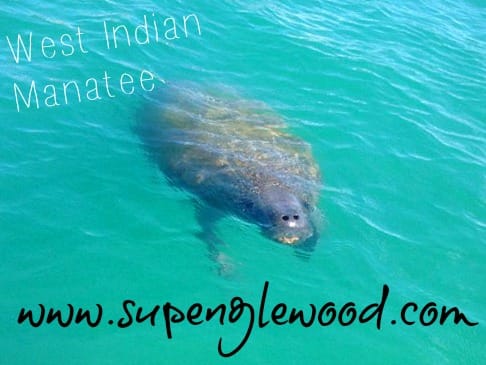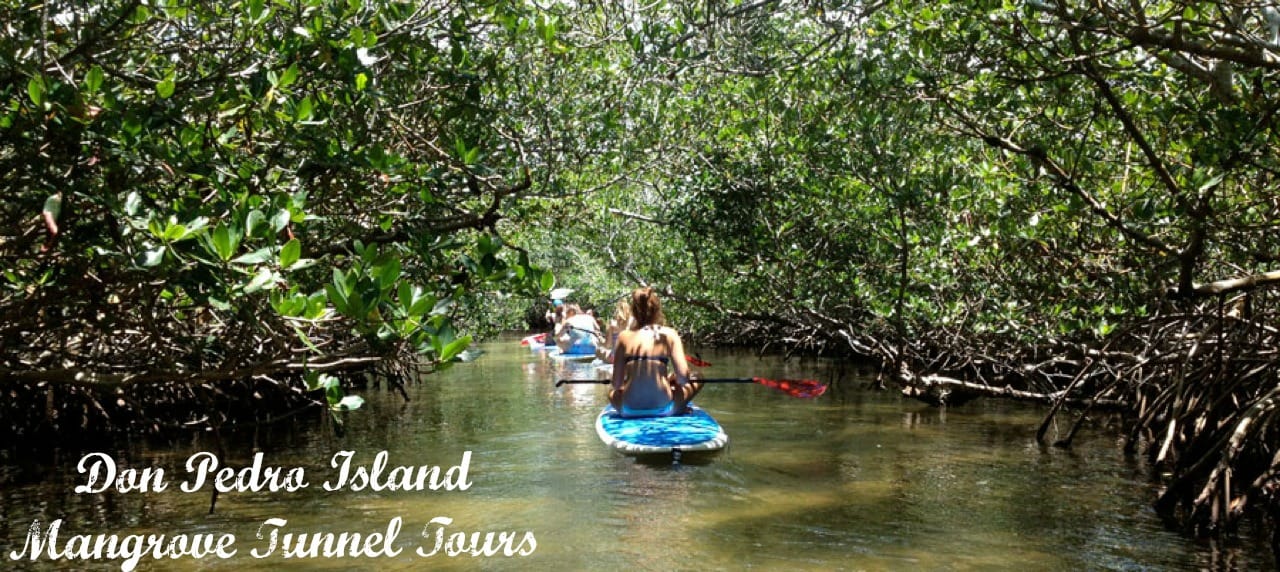Facts about Manatees: How Giving Space Saves Lives

Ethical Manatee Viewing: How Space Saves Lives
The Importance of Respecting Boundaries
At SUP Englewood, we can’t emphasize enough the importance of giving manatees their space. But why is this small act of courtesy so crucial? Simply put, it could be a matter of life or death for these gentle giants.
The Top 3 Reasons to Maintain Distance
- Prevent Separation Events: Approaching a manatee too closely can cause a mother to be separated from her calf. Considering how much time the young ones spend with their mothers learning crucial survival skills, a separation could be catastrophic.
- Keeps Them Out of Boating Channels: Manatees naturally steer clear of busy boating channels to avoid collisions. When we invade their space, we force them closer to these dangerous areas, increasing the risk of boat strikes.
- Prevents Socialization: Manatees are wild animals and must remain so for their survival. Getting too comfortable around humans can alter their natural behaviors, putting them at increased risk.
Fascinating Facts About Manatees
How Big are Manatees?
Did you know that manatees can weigh up to a whopping 1,000 pounds? Despite their size, they’re more agile than they appear, capable of reaching speeds up to 20 mph, although they usually cruise at a leisurely 2-6 mph.
What do Manatees Eat?
Manatees are herbivores, preferring grazing on seagrass and other aquatic plants in slow rivers, bays, estuaries, and coastal areas. They’re known to consume about 10% of their body weight in seagrass daily! Their poor eyesight is compensated by an excellent sense of hearing, capable of detecting a wide range of frequencies.
How do Manatees communicate?
Communication among manatees mainly involves mothers and calves and sounds remarkably like chirps, whistles, and squeaks. They’re unique among mammals, having only six cervical vertebrae as opposed to the usual seven in other mammals.
Reproduction and Survival
Manatees have a slow reproductive rate. A calf is typically born a few feet long and weighs between 50-85 pounds. The young ones stay with their mothers for up to two years, learning vital behaviors and even the migration routes necessary for their survival.
Save the Manatee Club’s Guardian Guide Program
We’re proud to be part of the Guardian Guide Program through Save The Manatee Club. This initiative focuses on responsible wildlife viewing, and we’re committed to educating our visitors on the importance of ethical practices. Our guides are trained to provide responsible viewing experiences, ensuring not only the safety and well-being of the manatees but also enriching your encounter with these magnificent creatures.


Pingback: Seagrass types in the Gulf of Mexico